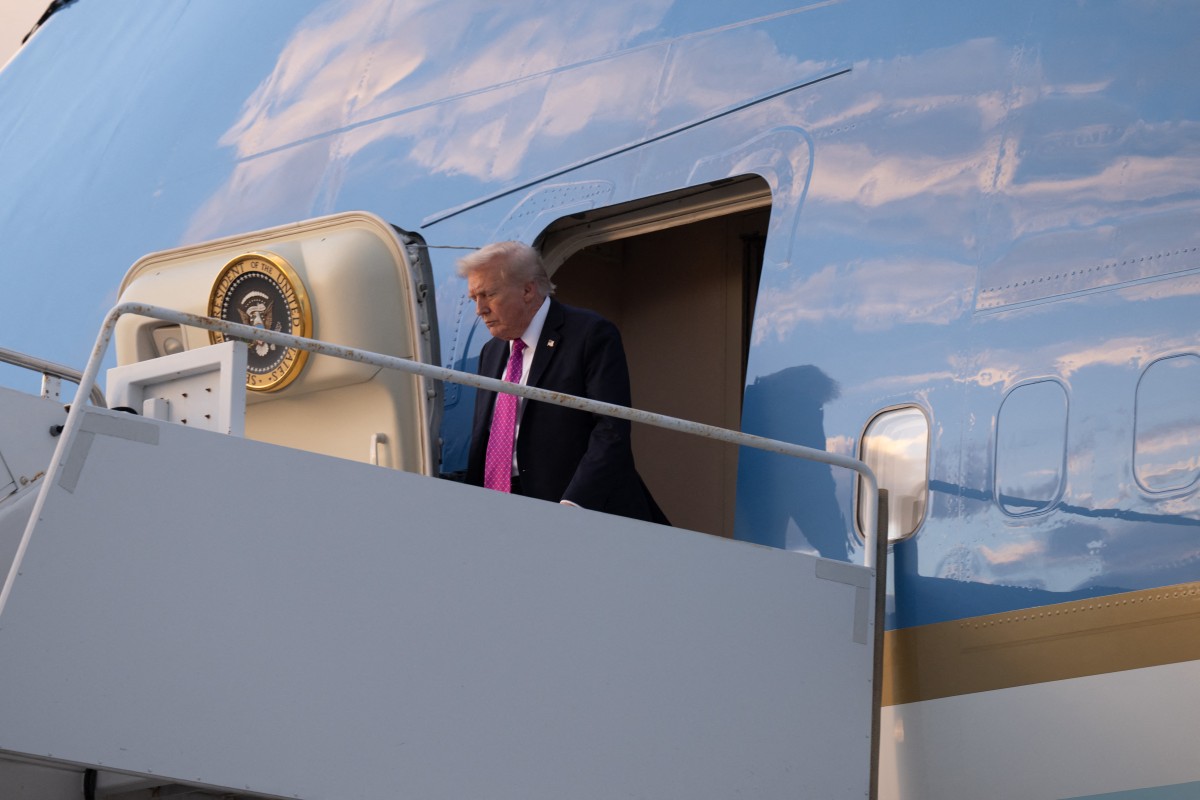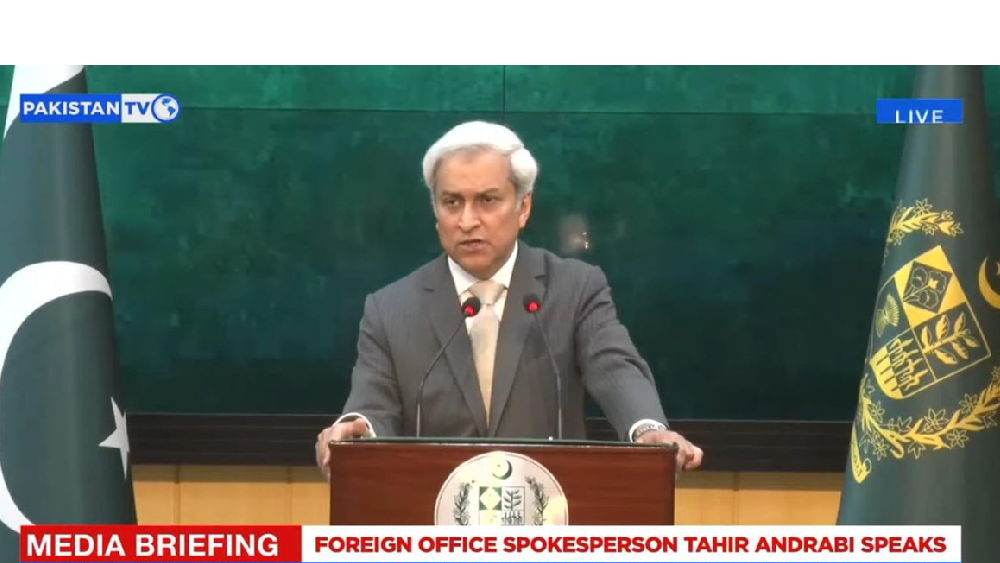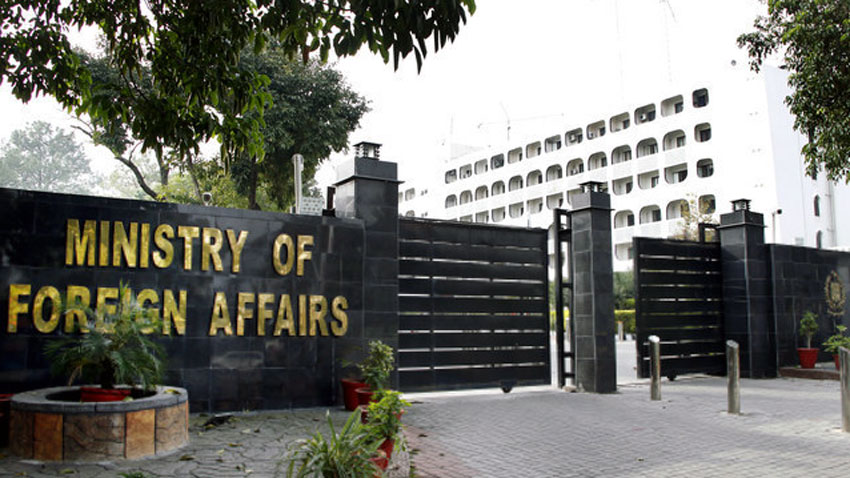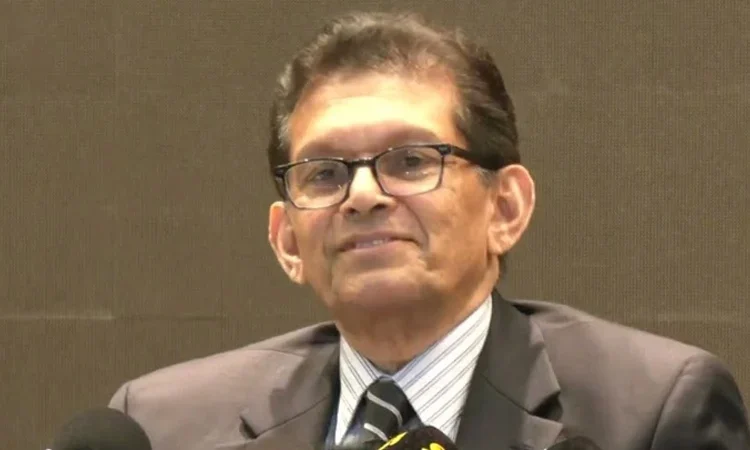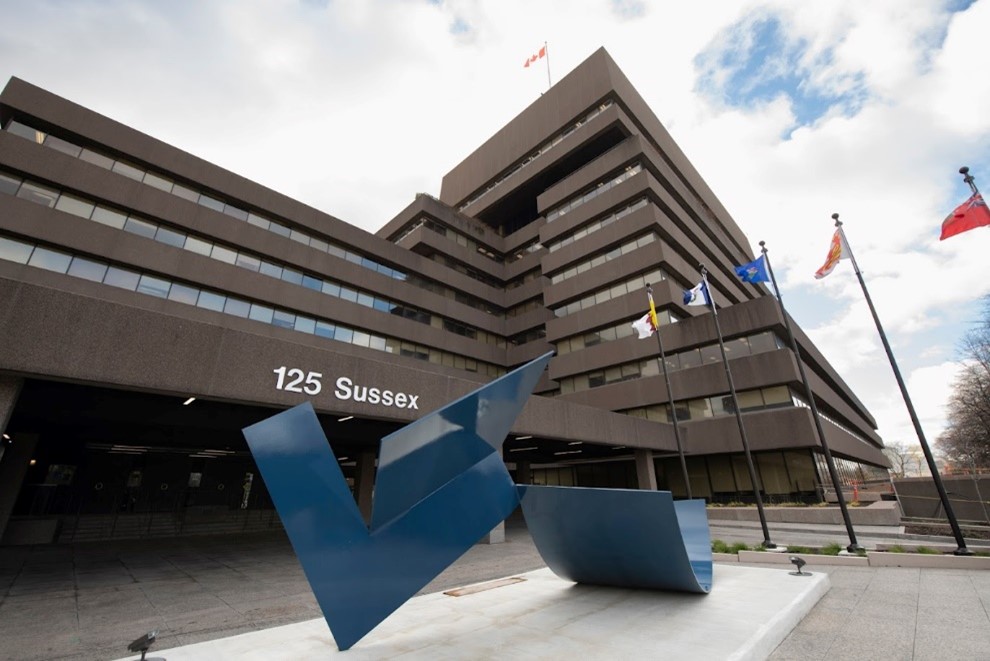SYDNEY: Australian Prime Minister Anthony Albanese meets with President Donald Trump in Washington on Monday, touting his country's abundant critical minerals as a way to loosen China's grip over global supplies.
At the same time, Albanese is hoping to secure Trump's backing for a 2021 pact to arm Australia with silent, nuclear-powered attack submarines.
Australians have a mostly unfavourable view of the Trump administration, polling shows, though the country relies on the United States to balance China's expanding military clout in the Pacific region.
In the run-up to the White House talks, Australia is selling itself to Washington as a future source of critical minerals, including rare earths, of which China is by far the world's largest supplier.
Australia sits on deposits of lithium, cobalt, and manganese as well as rare earth metals used in technologies from semiconductors to defence hardware, electric cars, and wind turbines.
Albanese, who said he looked forward to a "positive and constructive" meeting with Trump, announced plans in April for a strategic reserve of critical minerals to provide to "key partners" such as the United States.
The reserve is designed to help relax China's chokehold on global critical minerals production, which it has been accused of leveraging to pressure trade partners.
Trump this month threatened 100% tariffs on China in response to its latest rare earths export curbs, though he later eased his stance with a social media post saying: "It will all be fine."
China the 'focal point'
Australia's economy minister, Treasurer Jim Chalmers, said his country had "a lot to offer the world" in critical minerals.
"We will engage with our partners to make sure that we can be a very reliable supplier to meet the critical minerals needs of this country, here in the US, and other markets around the world," Chalmers told a news conference in Washington on Friday.
But the treasurer has also taken a swipe at impediments to global trade, raising concerns over the economic impact of US tariffs, including a 10-percent levy on Australian goods, and the US-China trade spat.
On defence, Australia's government will be hoping for Trump's blessing of the 2021 agreement to equip its navy with at least three US Virginia-class submarines within 15 years, and the technology to build its own vessels in the future.
The AUKUS submarine deal between Australia, the United Kingdom, and the United States could cost Australia up to US$235 billion over the next 30 years, according to Canberra.
The nuclear-powered vessels lie at the heart of Australia's strategy of improving its long-range strike capabilities in the Pacific.
But the Trump administration said in June it had put AUKUS under review to ensure it aligned with his "America First agenda," with some critics saying the United States did not produce enough Virginia-class submarines to supply Australia as well as its own navy.
Australia's government says it has received no indications that Washington will withdraw support for AUKUS, which is expected to be raised in the White House talks.
"AUKUS should be given the green light and once again confirmed as the foundation of Australia's security and vital to the United States' interest in competing with a rising Beijing-led authoritarian axis," predicted Justin Bassi, executive director of the Australian Strategic Policy Institute, a think tank partly funded by Australia's Department of Defence.
"China will likely be the focal point of discussions even if it is rarely mentioned publicly: AUKUS, critical minerals, cyber, and critical technologies are frontline agenda topics, and all are about China."
